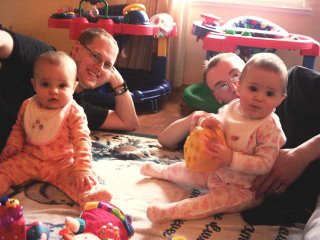Originality
In his arguments against democracy, socrates claimed that, on any given subject, the majority of people aren't educated enough to make an informed decision. He used, for example, what you would do if your horse were sick. Would you simply ask all of your neighbors what you should do and follow that, or would you consult someone who was a specialist in horses? In more modern times, if you were sick, or your car started rattling, would you just ask everyone what you should do, or would you see a doctor or mechanic? Suppose everyone told you to just lie down and rest, whereas the doctor told you that if you'd waited 3 hours longer to see him you'd be dead? Or your neighbors told you to trade your car in because it was old and bound to start breaking, but the mechanic could tighten a bolt for $50 and have the car be fine afterwards? When you consider something as crucial as governing a society, it is folly to leave the choices in the hands of a population that doesn't know what is best for them. Experts are required to make important decisions.
The same principle applies to life: We can't make our decisions based on what the popular majority thinks we should do. To do so is not only to forsake any sense of individuality, but to possibly do something that isn't right by us. And it gets hard to remember that, particularly when the people who almost unanimously advise us the same thing are people whose opinions and thoughts we trust. But, even then, their thoughts no less governed by social influences and partial information than anyone elses'. They, ultimately, will have the same biases and subjectivity that we all do. So if even those who are experts might be swayed from objective truths, and where does that leave us?
No matter what doctors say, or mechanics, or horse specialists, it is still the person in question (the patient or car- or horse-owner) who ultimately has to make the decision. We would be fools to discount the council we are given, but we would be just as foolish to take that council as absolute truth. We are the only ones that are fully aware of our own situation, and we must temper outside council with personal knowledge. Ultimately, we have to listen to ourselves. We have to look inside ourselves, and trust our inner nature to decide what is right for us. And then, we have to pray that we have the continued strength to follow the happiness that doing so brings, despite what others might think...

